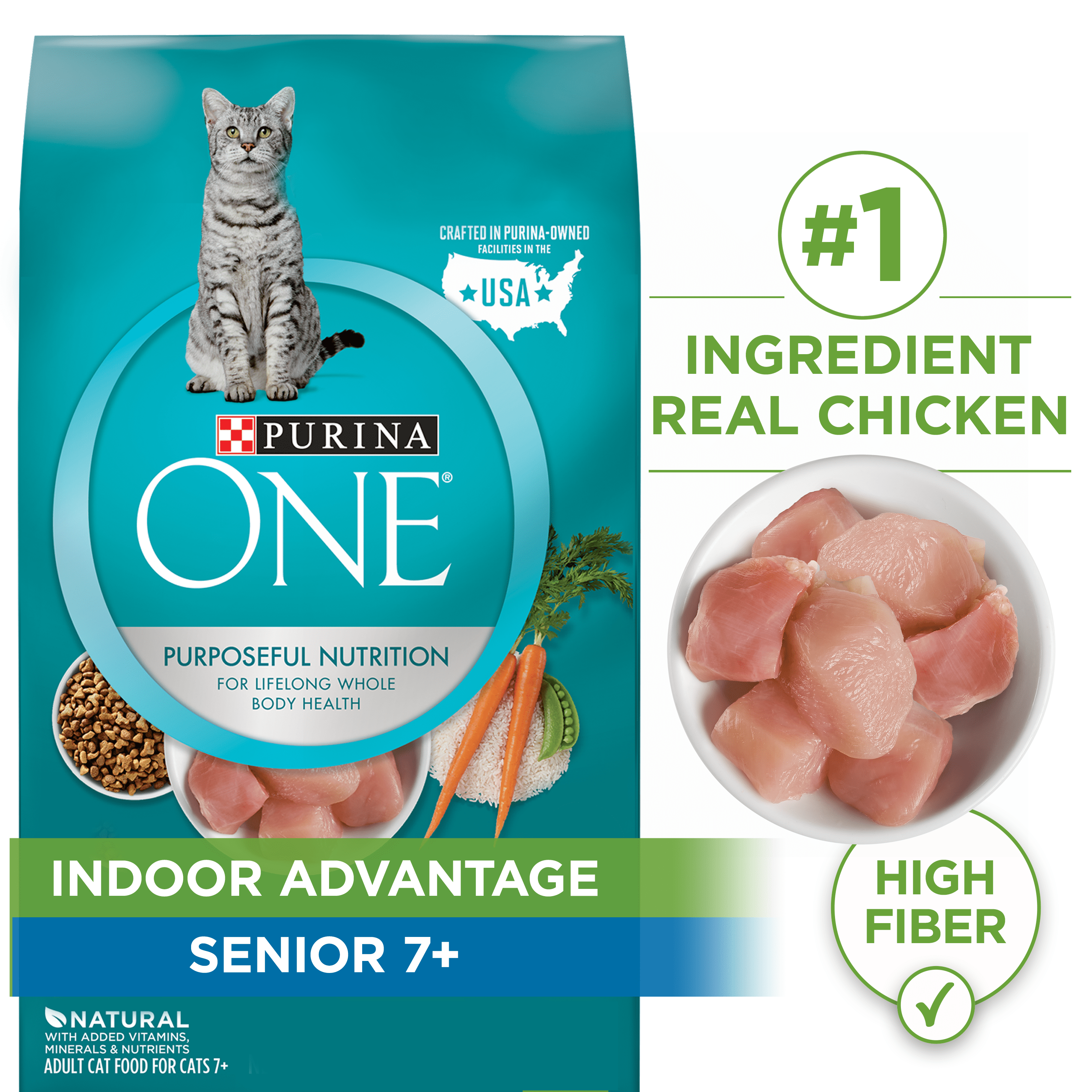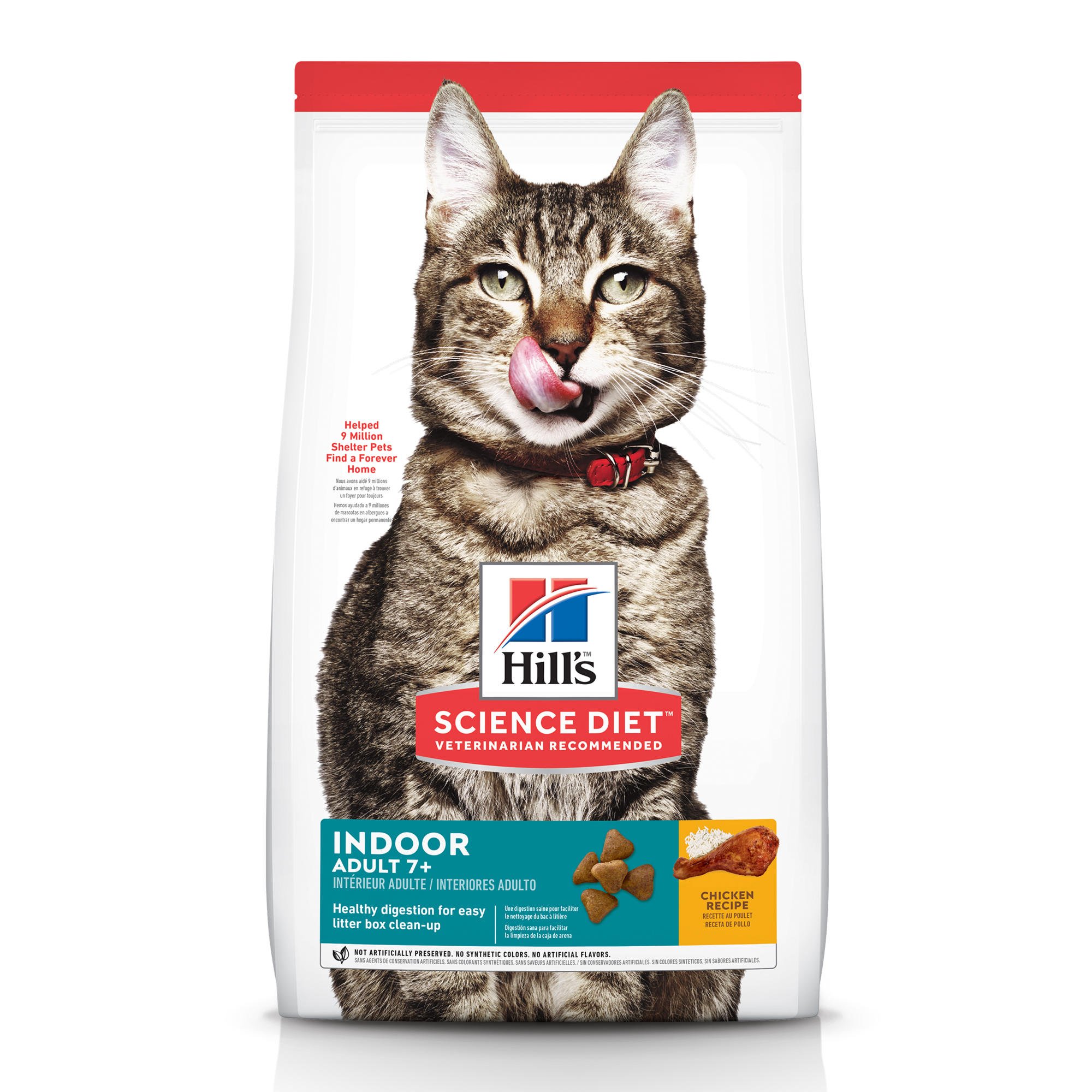The Golden Years, Slimmed Down: A Guide to Cat Food for Senior Indoor Cats with Weight Issues
As our feline companions gracefully age, their needs evolve, often presenting unique challenges for their dedicated owners. Senior indoor cats, in particular, are prone to weight issues due to decreased activity levels and changes in metabolism. Choosing the right cat food becomes paramount in ensuring their health, comfort, and longevity. This comprehensive guide delves into the specific dietary requirements of senior indoor cats struggling with weight, offering practical advice on selecting the best food to help them thrive in their golden years.
Understanding the Unique Needs of Senior Indoor Cats
Before diving into the world of cat food, it’s crucial to understand the factors that contribute to weight issues in senior indoor cats:
- Reduced Activity Levels: Senior cats tend to be less active than their younger counterparts. They may spend more time napping and less time playing or exploring, leading to a decrease in calorie expenditure.
- Slower Metabolism: As cats age, their metabolism naturally slows down, meaning they burn calories at a slower rate. This can lead to weight gain even if their food intake remains the same.
- Muscle Loss (Sarcopenia): Senior cats often experience a loss of muscle mass, which further contributes to a slower metabolism and decreased calorie needs.
- Joint Problems: Conditions like arthritis can make it painful for senior cats to move, reducing their activity levels and exacerbating weight gain.
- Underlying Health Conditions: Certain medical conditions, such as hypothyroidism or Cushing’s disease, can contribute to weight gain in senior cats.
- Dietary Habits: Overfeeding or feeding a diet that is too high in calories and fat can lead to weight gain in senior cats. Indoor cats also require less calories than cats who spend their days outside.
The Importance of Weight Management
Maintaining a healthy weight is essential for the overall well-being of senior indoor cats. Obesity can lead to a range of health problems, including:
- Diabetes: Excess weight can increase the risk of developing diabetes, a condition that requires lifelong management.
- Arthritis: Obesity puts extra stress on joints, exacerbating arthritis and causing pain and mobility issues.
- Heart Disease: Overweight cats are more likely to develop heart problems, such as cardiomyopathy.
- Liver Disease: Excess fat can accumulate in the liver, leading to liver disease.
- Reduced Lifespan: Studies have shown that overweight cats have a shorter lifespan than cats who maintain a healthy weight.
Key Nutritional Considerations for Senior Indoor Cats with Weight Issues
When selecting cat food for a senior indoor cat with weight issues, consider the following nutritional factors:
- High Protein Content: Protein is essential for maintaining muscle mass, which is particularly important for senior cats who are prone to muscle loss. Look for cat foods that contain at least 30% protein on a dry matter basis.
- Moderate Fat Content: While some fat is necessary for energy and nutrient absorption, it’s important to choose a cat food with a moderate fat content to help manage weight. Aim for a fat content of around 10-15% on a dry matter basis.
- High Fiber Content: Fiber helps to promote satiety, making cats feel fuller for longer. It also aids in digestion and can help regulate blood sugar levels. Look for cat foods that contain at least 5% fiber.
- L-Carnitine: L-Carnitine is an amino acid that helps the body convert fat into energy. It can be a helpful addition to cat food for weight management.
- Glucosamine and Chondroitin: These supplements can help support joint health, which is particularly important for senior cats who may be experiencing arthritis.
- Antioxidants: Antioxidants, such as vitamin E and vitamin C, can help protect cells from damage caused by free radicals. This can help support overall health and immune function in senior cats.
- Limited Fillers: Avoid cat foods that are high in fillers, such as corn, wheat, and soy. These ingredients provide little nutritional value and can contribute to weight gain.
Choosing the Right Type of Cat Food
There are several types of cat food available, each with its own advantages and disadvantages:
- Dry Food (Kibble): Dry food is the most common and convenient type of cat food. It is typically more affordable than wet food and can be left out for cats to graze on throughout the day. However, dry food can be high in carbohydrates and low in moisture, which can contribute to weight gain and dehydration.
- Wet Food (Canned Food): Wet food is higher in moisture than dry food, which can help keep cats hydrated. It is also typically lower in carbohydrates and higher in protein, making it a good choice for senior cats with weight issues. However, wet food is more expensive than dry food and can spoil quickly if left out.
- Prescription Weight Management Diets: These diets are specifically formulated to help cats lose weight. They are typically higher in protein and fiber and lower in fat and calories than regular cat food. Prescription diets should only be fed under the guidance of a veterinarian.
Transitioning Your Cat to a New Food
When switching your cat to a new food, it’s important to do so gradually to avoid digestive upset. Start by mixing a small amount of the new food with your cat’s old food, gradually increasing the amount of new food over a period of 7-10 days.
Feeding Strategies for Weight Loss
In addition to choosing the right cat food, it’s important to implement effective feeding strategies to help your senior indoor cat lose weight:
- Measure Food Portions: Use a measuring cup to ensure that you are feeding your cat the correct amount of food. Follow the feeding guidelines on the cat food label, but adjust as needed based on your cat’s individual needs.
- Feed Multiple Small Meals: Instead of feeding your cat one or two large meals per day, try feeding them several small meals throughout the day. This can help to keep them feeling full and prevent overeating.
- Use a Food Puzzle: Food puzzles can help to slow down your cat’s eating and provide mental stimulation. They can also help to burn calories.
- Avoid Free-Feeding: Free-feeding (leaving food out all day) can lead to overeating and weight gain. It’s best to feed your cat measured portions at specific times of the day.
- Limit Treats: Treats should be given in moderation, as they can add extra calories to your cat’s diet. Choose healthy treats that are low in calories and fat.
Consult with Your Veterinarian
Before making any significant changes to your cat’s diet, it’s important to consult with your veterinarian. They can help you determine the best food and feeding plan for your cat based on their individual needs and health condition. They can also rule out any underlying medical conditions that may be contributing to weight gain.
Conclusion
Managing the weight of a senior indoor cat requires a multifaceted approach, with diet playing a crucial role. By understanding the unique nutritional needs of senior cats, choosing the right cat food, and implementing effective feeding strategies, you can help your feline companion maintain a healthy weight and enjoy a long, happy life. Remember, consistency and patience are key to success. With dedication and the guidance of your veterinarian, you can help your senior cat thrive in their golden years.


